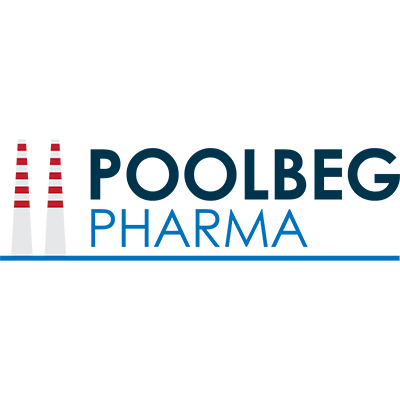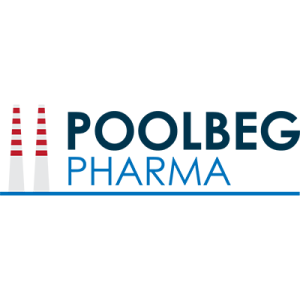2023 was the year of AI. It would be difficult to finish your day without seeing or hearing at least 5 updates about developments related to AI, ChatGPT or language models.
The year was marked by significant strides and transformative collaborations for AI in drug discovery. While there was tough criticism of the hype as the first AI designed fell short in the clinic, the overall sentiment remains optimistic as the deal making continues.
1. Generative AI for Antibody and Protein engineering was in the spotlight
There was a surge of big pharma partnerships and investments in AI-driven antibody and protein engineering, as the field caught up with similar advancements in AI for small molecule discovery.
Poolbeg Pharma plc (LON:POLB) is a clinical stage infectious disease pharmaceutical company, with a novel capital light clinical model which enables us to develop multiple products faster and more cost effectively than the traditional biotech model.


